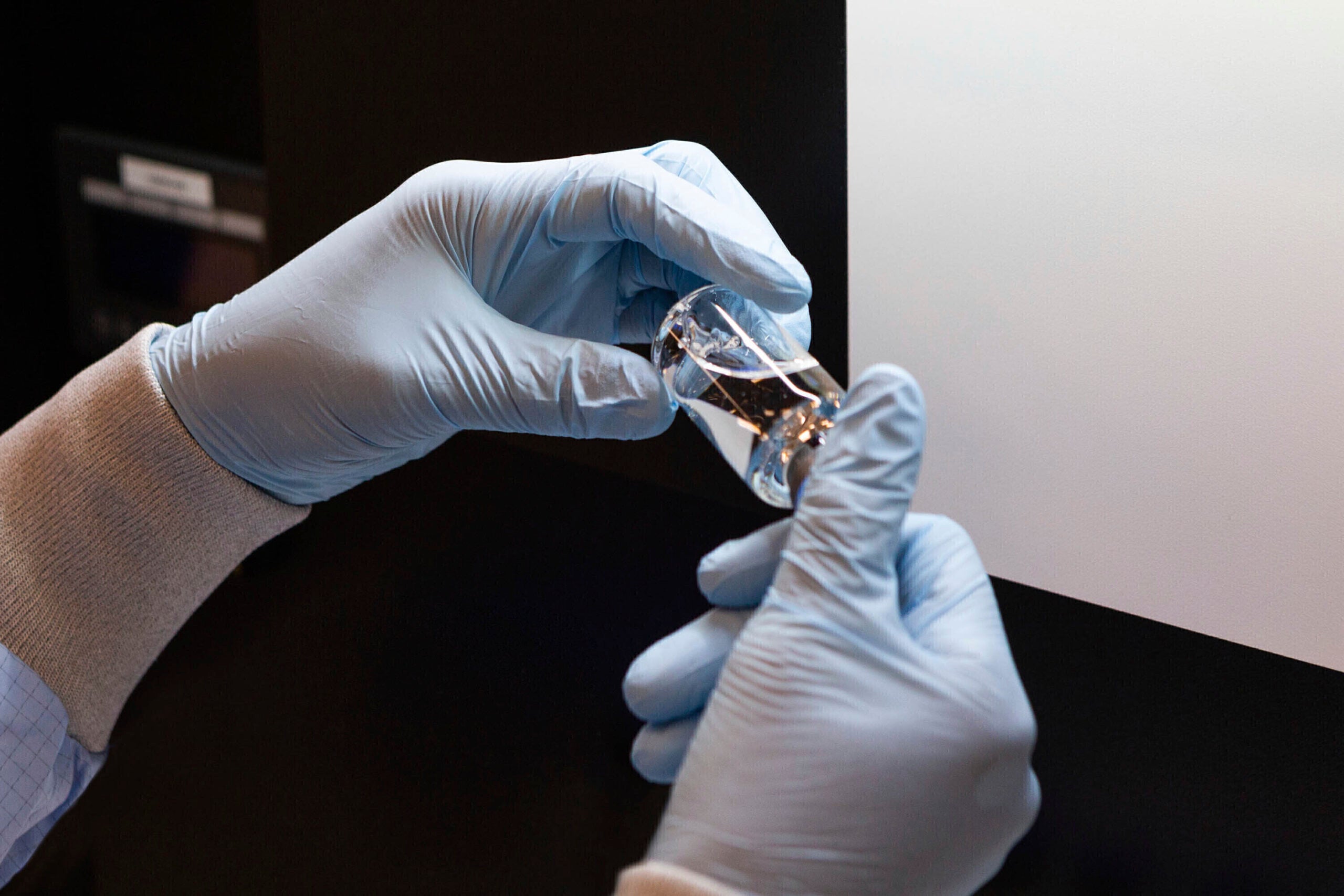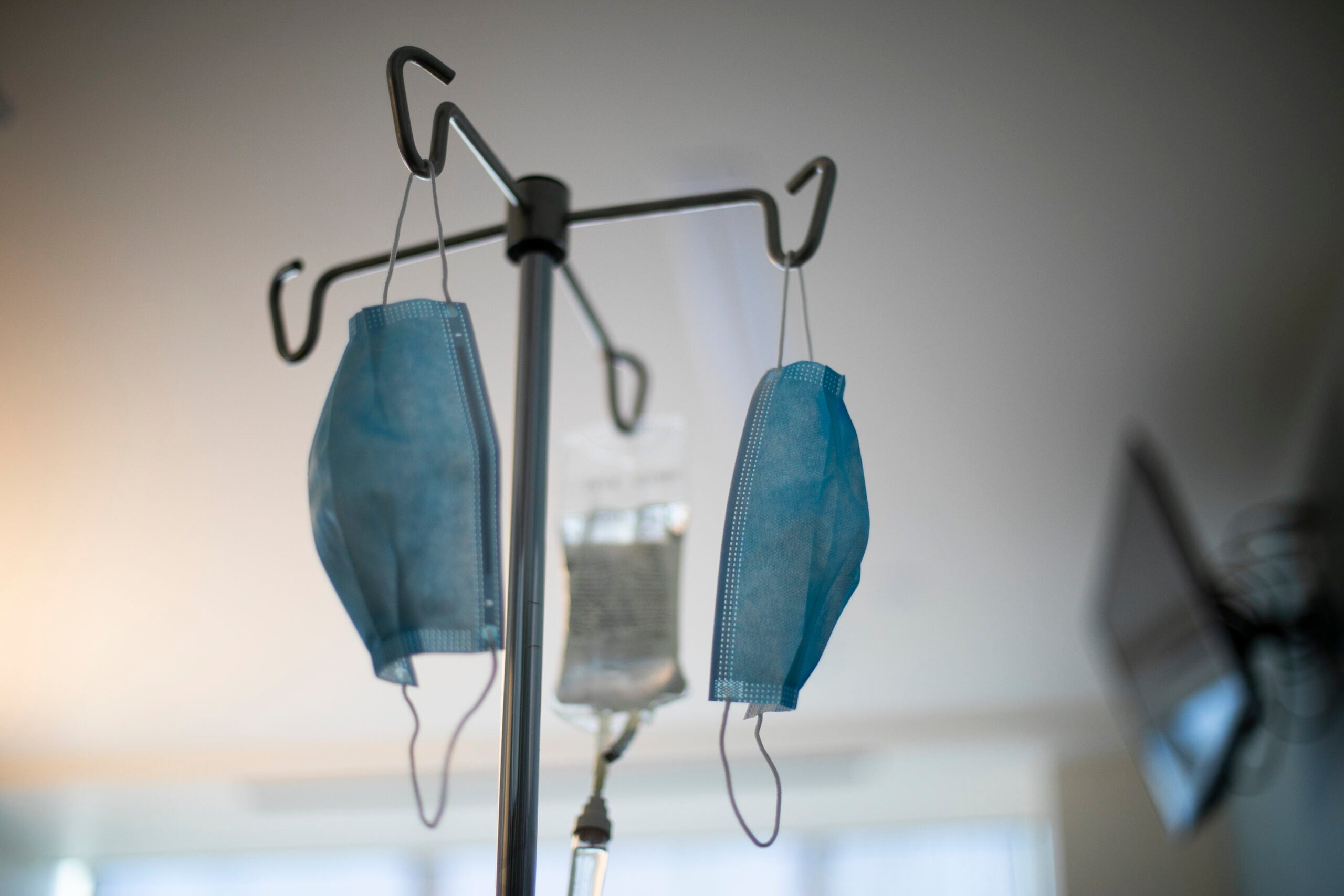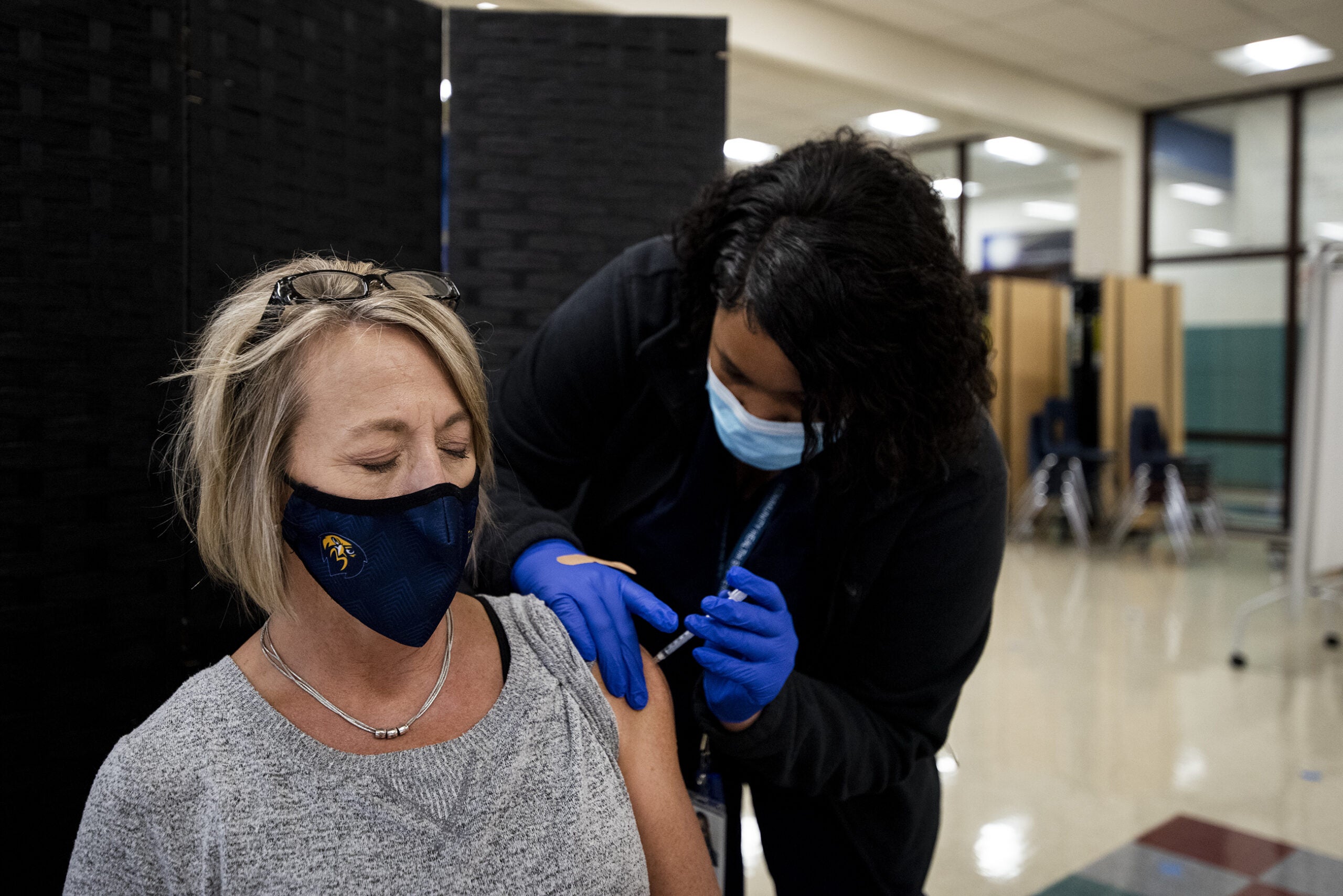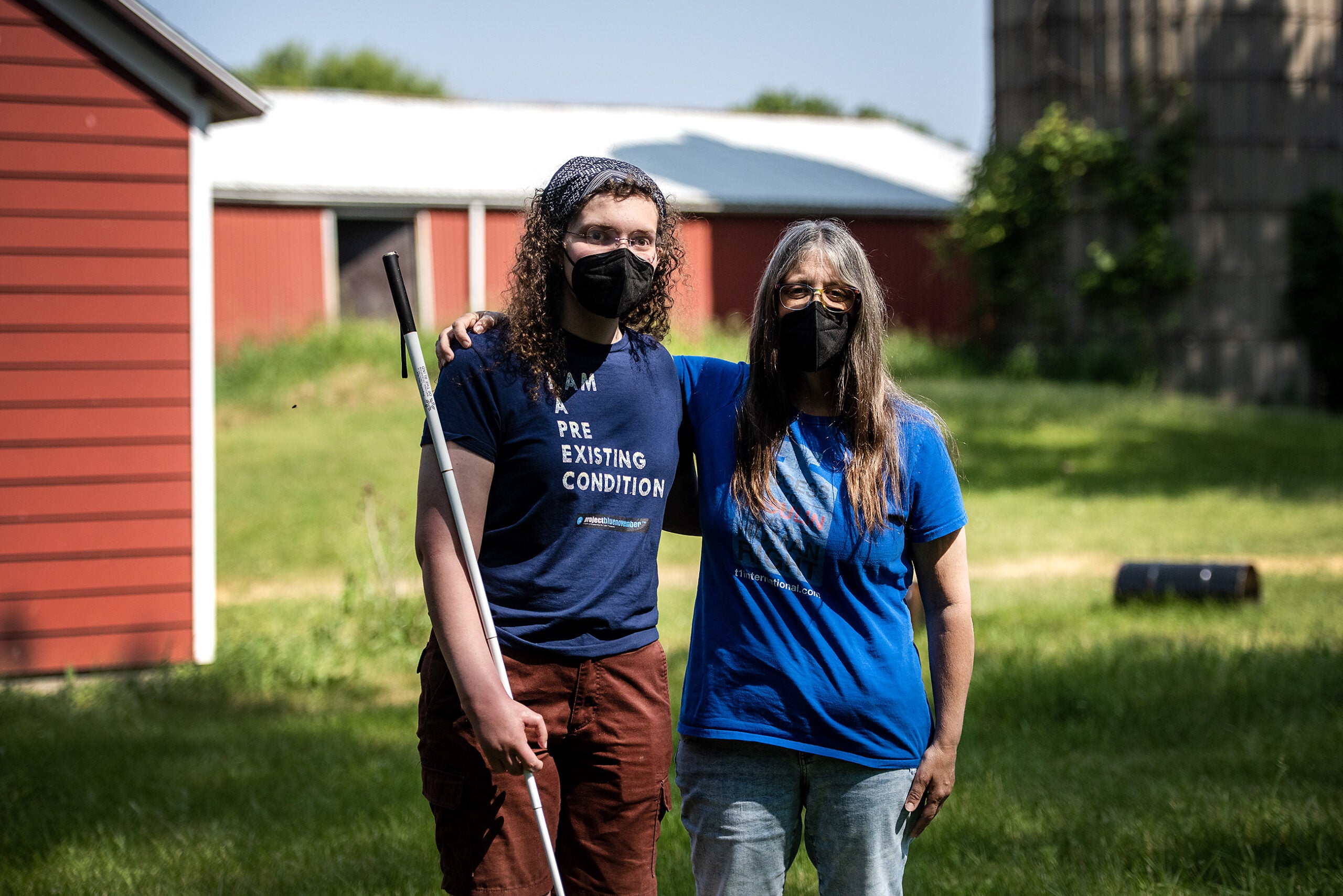When the coronavirus reached Wisconsin earlier this year, hospitals were forced to focus on their sickest patients. But as the pandemic has drawn on, health care providers have also learned valuable information and adopted new treatments that have led to more opportunities for outpatient care.
This week, Mayo Clinic Health System opened an outpatient infusion center at its hospital in La Crosse and Eau Claire. Dr. Charles Nordstrom, physician lead at Mayo’s Northwest Wisconsin COVID-19 Therapy Center in Eau Claire, said new outpatient services could lead to better outcomes and reduce stress on hospitals.
At its infusion center, Mayo is offering two drugs, including Remdesivir, which has been approved to treat the seriously ill. The drug, which helps stop the virus from replicating, needs to be administered to patients intravenously daily for five days, Nordstrom said.
Stay informed on the latest news
Sign up for WPR’s email newsletter.
Previously, patients who were otherwise ready for discharge might have remained in the hospital to complete their course. But the infusion center allows them to finish it as outpatients.
“This allows them to recover at home,” he said. “Mayo has wonderful facilities, but home is always better, particularly when you think about the isolation that patients need to undergo when they’re hospitalized.”
The other drug, Bamlanivimab, is a monoclonal antibody treatment recently authorized by the U.S. Food & Drug Administration for emergency use in high-risk patients who are experiencing less severe symptoms. It requires just one dose and has been shown to reduce the likelihood of disease progression, Nordstrom said.
“This in turn should help reduce the need for both emergency room visits, as well as hospitalizations,” he said.
For now, supplies of Bamlanivimab are very limited. Still, Mayo believes these infusion sites will play an important role in treating COVID-19 patients, Nordstrom said. Mayo is working to expand its infusion services to rural critical access hospitals in Barron and Menomonie.
“By preventing disease progression and by facilitating earlier discharges, hospitals will be able to keep beds open for their communities. Additionally, by offering outpatient therapies, we hope to allow patients to recover sooner and reduce the isolation from family that can occur when hospitalized,” Nordstrom said.
When the pandemic first started, only the sickest patients were able to get tested for coronavirus. Currently, Wisconsin has one of the most robust testing programs in the country. Surveillance testing has led to more patients receiving early diagnoses, said Dr. Patricia Golden, a family medicine specialist with Ascension Medical Group.
“A lot of times, when we can start picking up patients in the earlier phases, there’s so much more we can do to mitigate their need to go to our emergency departments,” she said.
In April, Ascension began offering remote monitoring for high-risk patients well enough to recover at home. Since then, the program has seen hundreds of participants. Providers check in with patients multiple times per day, collecting their vital signs and asking more subjective questions about how their feeling. Their responses help determine whether patients need more hands-on care, Golden said.
Doctors have learned a lot since they began treating the coronavirus earlier this year, but one of its most baffling aspects has been the long-term symptoms that persist in about 10 percent of patients, including some who just had mild cases of the virus, Golden said. Symptoms can include everything from severe fatigue and shortness of breath to brain fog, and the experience is so common that Ascension has opened a clinic for so-called “long haul” coronavirus patients in Oak Creek. The hospital system plans to expand the model within Wisconsin.
At the clinic, long-haul patients can get comprehensive treatment plans based on their individual symptoms, Golden told WPR’s “The Morning Show.”
Golden is excited about new outpatient treatment opportunities that may help stave off more severe infections, including Bamlanivimab, but they’re no substitute for following public health guidelines to slow the spread of the virus, she said.
According to the Wisconsin Department of Health Services, 89 percent of the state’s hospital beds were full on Wednesday. Given the magnitude of the pandemic, hospitals still need to prioritize their most vulnerable patients, Golden said.
Wisconsin Public Radio, © Copyright 2025, Board of Regents of the University of Wisconsin System and Wisconsin Educational Communications Board.




